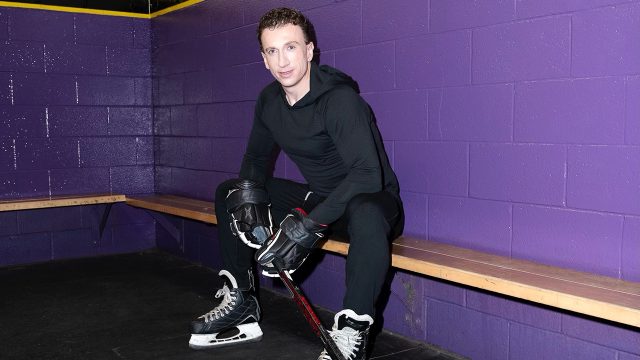
Michela Cava has had a busy off-season since she helped Minnesota win the first-ever PWHL championship at the end of May. She threw a pitch at the local baseball game in her hometown of Thunder Bay, Ont., she flew west to Vancouver to spend time with her girlfriend and fellow PWHL champion, Emma Greco, and then just last week, Cava inked a year-long extension to continue to play in the State of Hockey.
The 30-year-old winger was one of three Canadians to win the Walter Cup in May, and Cava was in playoff MVP discussions, too, after tying for the league lead with eight post-season points. (The trophy was awarded to her linemate, Taylor Heise.)
Cava caught up with Sportsnet to talk coming alive in the post-season, helping further the PWHL’s message of inclusivity, and why winning seems to follow her everywhere she goes. This conversation was edited for length and clarity.
SPORTSNET: How’s the buzz back home in Thunder Bay about your win?
CAVA: It’s actually crazy. I went on the news last night with our [CBC] Thunder Bay Sports channel here, and I’ve had a couple of people reach out to do articles. I threw the first pitch at a baseball game [for the Thunder Bay Border Cats, a collegiate summer team in the Northwoods League]. It’s a humbling experience, and I’m not used to this [laughs]. I’m like, ‘Oh sure, that would be great – but are you sure you want me to do that?’”
No way — you’re a champion, and you were right there in the playoff MVP discussion.
Well, I’m really not used to this. It’s been a really cool buzz around the city, especially for all the young girls, having something to look forward to, and a player in the community. I think it’s really cool for them and really cool for me too, because we had some big hockey names here in Thunder Bay as well while I was growing up. [Like Stanley Cup champions Patrick Sharp, Matt Murray and Jordan Staal.]